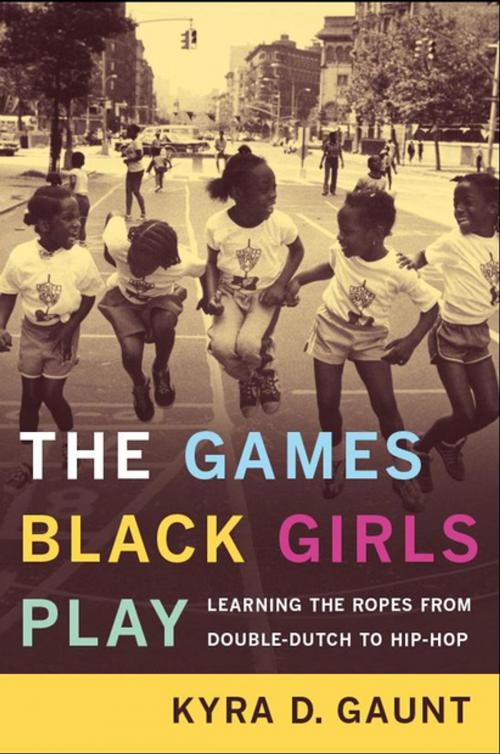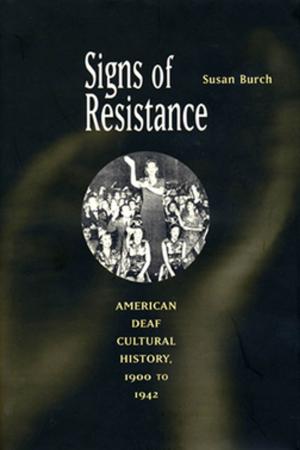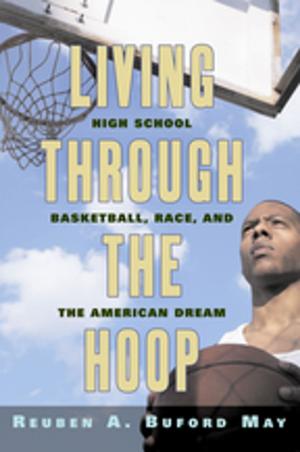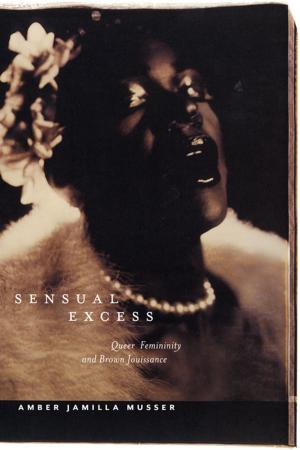The Games Black Girls Play
Learning the Ropes from Double-Dutch to Hip-Hop
Nonfiction, Social & Cultural Studies, Social Science, Discrimination & Race Relations, Cultural Studies, African-American Studies| Author: | Kyra D. Gaunt | ISBN: | 9780814733325 |
| Publisher: | NYU Press | Publication: | February 6, 2006 |
| Imprint: | NYU Press | Language: | English |
| Author: | Kyra D. Gaunt |
| ISBN: | 9780814733325 |
| Publisher: | NYU Press |
| Publication: | February 6, 2006 |
| Imprint: | NYU Press |
| Language: | English |
2007 Alan Merriam Prize presented by the Society for Ethnomusicology
2007 PEN/Beyond Margins Book Award Finalist
When we think of African American popular music, our first thought is probably not of double-dutch: girls bouncing between two twirling ropes, keeping time to the tick-tat under their toes. But this book argues that the games black girls play —handclapping songs, cheers, and double-dutch jump rope—both reflect and inspire the principles of black popular musicmaking.
The Games Black Girls Play illustrates how black musical styles are incorporated into the earliest games African American girls learn—how, in effect, these games contain the DNA of black music. Drawing on interviews, recordings of handclapping games and cheers, and her own observation and memories of gameplaying, Kyra D. Gaunt argues that black girls' games are connected to long traditions of African and African American musicmaking, and that they teach vital musical and social lessons that are carried into adulthood. In this celebration of playground poetry and childhood choreography, she uncovers the surprisingly rich contributions of girls’ play to black popular culture.
2007 Alan Merriam Prize presented by the Society for Ethnomusicology
2007 PEN/Beyond Margins Book Award Finalist
When we think of African American popular music, our first thought is probably not of double-dutch: girls bouncing between two twirling ropes, keeping time to the tick-tat under their toes. But this book argues that the games black girls play —handclapping songs, cheers, and double-dutch jump rope—both reflect and inspire the principles of black popular musicmaking.
The Games Black Girls Play illustrates how black musical styles are incorporated into the earliest games African American girls learn—how, in effect, these games contain the DNA of black music. Drawing on interviews, recordings of handclapping games and cheers, and her own observation and memories of gameplaying, Kyra D. Gaunt argues that black girls' games are connected to long traditions of African and African American musicmaking, and that they teach vital musical and social lessons that are carried into adulthood. In this celebration of playground poetry and childhood choreography, she uncovers the surprisingly rich contributions of girls’ play to black popular culture.















